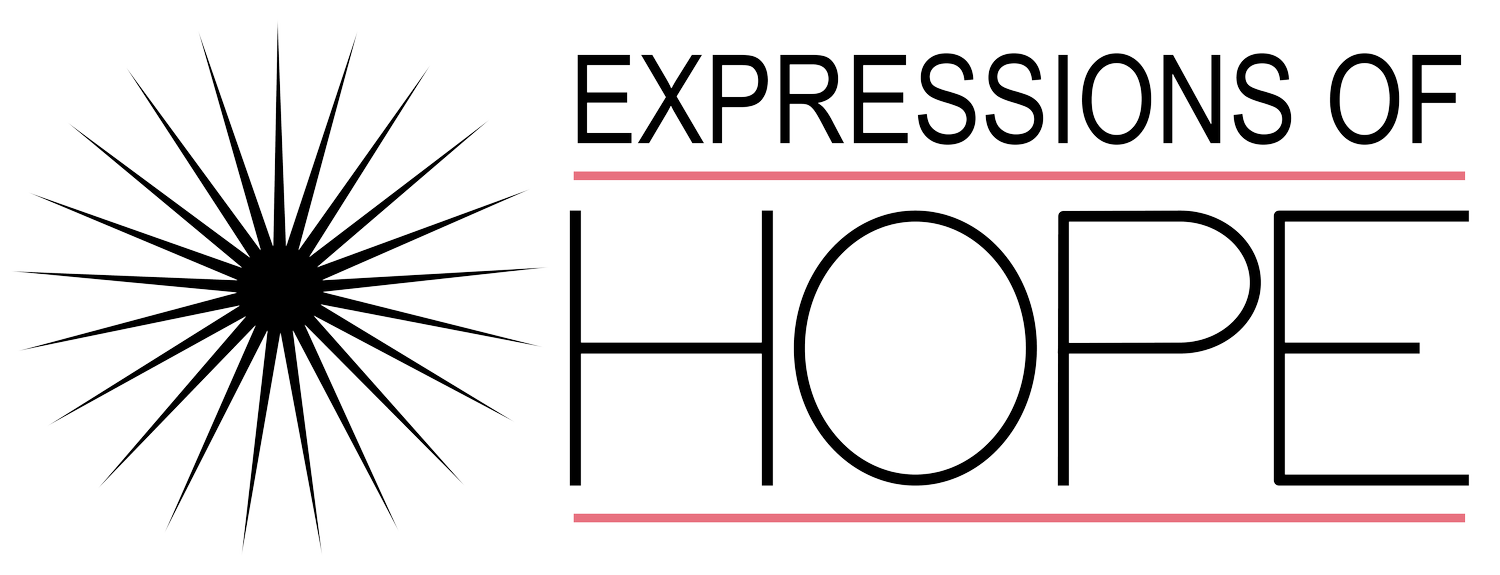Adoption Journeys: The Unseen Challenges and Triumphs of Heartfelt Connections
The journey to becoming a parent through adoption is a deeply personal and transformative experience, marked by emotional highs and lows, countless decisions, and profound love. Along with the joy and anticipation, adopting parents navigate a range of challenges, many of which are unseen and not often discussed. This article aims to shed light on these unseen challenges, with the understanding that acknowledging them is a crucial step toward supporting adoptive families.
The Emotional Rollercoaster
Adopting a child is an emotional journey, filled with anticipation, joy, and love. However, along with these positive emotions, adoptive parents often experience intense feelings of uncertainty, fear, and grief. The process can be long and unpredictable, and the wait for a child can be filled with anxiety. Moreover, adopting parents often grapple with feelings of loss for the biological children they may have wanted but could not have.
There is also the complex issue of bonding and attachment. Bonding may not always be instantaneous, and it can take time for both parents and child to adjust and form deep emotional connections. Parents might also have to deal with feelings of guilt or inadequacy, especially if bonding takes longer than expected.
Navigating the Adoption Process
The adoption process itself can be complicated, stressful, and overwhelming. It is fraught with legalities, paperwork, and bureaucratic hurdles. Prospective adoptive parents often spend years on waiting lists, enduring home studies and background checks, all while navigating a system that can feel impersonal and intimidating.
The financial aspect of adoption is another challenge. Adoptions, especially international ones, can be expensive. The costs of home studies, legal fees, and travel can add up, placing a considerable financial burden on adoptive families.
Understanding the Adopted Child’s Experience
Adopted children, regardless of their age at adoption, have experienced loss. They may have lost their birth parents, siblings, extended family, culture, language, and their familiar environment. They might carry the trauma of this loss with them, which can affect their behavior and emotional health.
Adoptive parents must be prepared to help their child navigate their complex feelings about adoption. They must be willing to have open conversations about their child’s birth family and be supportive if their child wishes to search for their birth parents when they’re older.
Additionally, adoptive parents may face challenges related to their child’s health or learning needs. Many adopted children, particularly those from institutional settings or who have experienced trauma, neglect, or abuse, may have physical, emotional, or learning needs that require additional resources and support.
The Challenge of External Perceptions
Adoptive families often face societal misconceptions and biases. Insensitive questions or comments from others, lack of understanding about the adoption process, and stereotypes about adopted children can add to the stress that adoptive families experience.
Furthermore, families formed through transracial or international adoption must navigate issues of race, culture, and identity. They may need to confront their own unconscious biases and work to instill a positive racial and cultural identity in their child.
Deciphering and Adapting to Your Child’s Background
Children come into adoption with their own histories and backgrounds, which can greatly affect their present behaviors and future growth. This includes their prenatal environment, early life experiences, and any trauma or abuse they may have endured. Adoptive parents face the challenge of understanding these experiences and how they affect their child’s development. They must learn to adapt their parenting strategies to meet their child’s unique needs.
Integration into the Extended Family
In addition to building a bond within the immediate family, adoptive parents often face the challenge of integrating their adopted child into the extended family. This can be particularly difficult if members of the extended family have reservations about the adoption or lack understanding about the process. It’s crucial to cultivate a supportive environment where the child feels welcomed and accepted, but achieving this can sometimes be a significant challenge.
Maintaining Connection with Birth Culture
Especially in the case of international or transracial adoptions, adoptive parents are tasked with the responsibility of helping their children maintain a connection with their birth culture. This often involves educating themselves about a culture different from their own, integrating cultural traditions into family life, and fostering a positive cultural identity within their child. The challenge here is to balance assimilation with the preservation of the child’s birth heritage, which can be a delicate and ongoing process.
Conclusion
Embracing the journey of adoption certainly involves an intricate labyrinth of joy, anticipation, and deep affection, interwoven with unique challenges that are often unseen and under-discussed. These challenges from understanding a child’s background to fostering familial integration, and preserving connections with a child’s birth culture do not diminish the worthiness of this journey. Rather, acknowledging them allows us to paint a more authentic picture of the adoption experience.
Recognizing these struggles allows for a better support network for adoptive families, one that
appreciates their resilience and respects their journey’s distinct nature. Each challenge surmounted is a testament to the power of love, dedication, and the extraordinary lengths parents will go to ensure their child’s happiness and well-being.
With empathy, openness, and communal support, adoptive families can overcome these hurdles. They can create a home defined by its warmth, acceptance, and boundless love; a home where every member, no matter their origin, feels cherished and integral to the family’s vibrant tapestry. It is in navigating these challenges that families are often bound closer together, their connections deepened and their shared narratives enriched.
Ultimately, the journey of adoption, though fraught with unseen challenges, is a profound testament to the enduring capacity of the human heart to expand, accept, and love unconditionally.
Here at Expressions of Hope, we are determined to provide care and resources to foster/adoptive families in need. If you have any questions or wish to get in touch with someone from our dedicated team, please do not hesitate to contact us.

